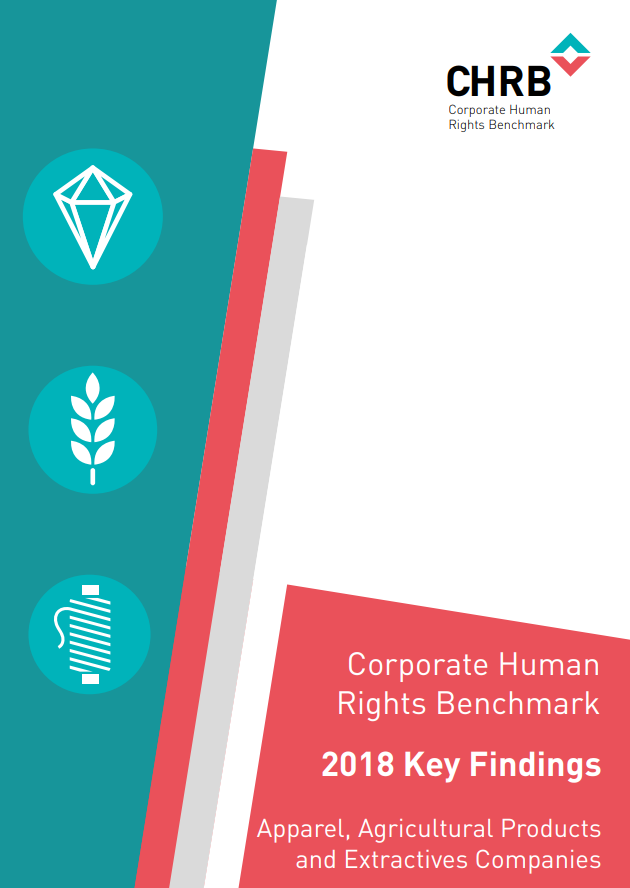Refugee protection, human smuggling, and trafficking in Bangladesh and Southeast Asia
PublicationsThe ‘Protecting Rohingya Refugees in Asia’ project brings together the Danish Refugee Council, the Asia Displacement Solutions Platform, the Mixed Migration Centre, Jesuit Refugee Service (JRS) Indonesia, HOST International, and the Geutanyoë F...Read More

